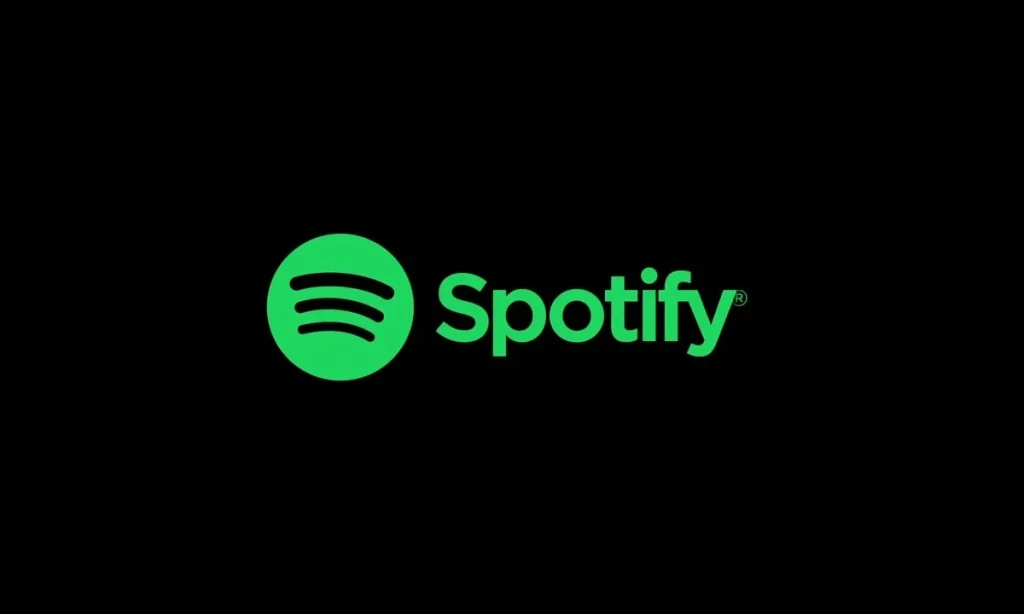Spotify is set to modify its royalty payment structure in the first quarter of 2024. The move aims to minimize fraud and the use of bots for automated music streaming.
According to Music Business World Wide, there will be three key changes in the payment model:
- Implementing a minimum annual track play threshold to begin generating Spotify royalties.
- Financial penalties for music distributors, including labels, upon detection of fraudulent activities related to the songs they upload to the platform.
- Introducing a minimum playtime threshold for each non-musical “noise” track to qualify for generating royalties.
A Deeper Dive into Each Measure:
- The playtime threshold aims to de-monetize tracks that currently generate less than $0.05 per month. One might wonder why such a minuscule amount poses an issue for a multimillion-dollar company like Spotify. While these tracks represent only 0.5% of the platform’s music library, in a market where over 100,000 tracks are released daily, they accumulate significantly. Spotify anticipates saving approximately $40 million from these tracks, funds that could be redirected to more popular tracks and artists, as per Music Business World Wide’s sources.
- Spotify currently boasts a robust fraud detection system among streaming platforms. The company will continue removing artificially boosted tracks and introduce fines for the distributors of such tracks. “The hope is that this deterrence will, over time, mean fewer people risking streaming fraud on Spotify – and more money going into the pot for genuine artists and rights holders to benefit,” stated a Music Business World Wide source.
- Presently, non-musical ‘noise’ beats (e.g., rain sounds, meditation tones, whale songs, etc.) receive the same value as music tracks on Spotify. Playlist creators limit these audio snippets to 31 seconds, ensuring royalties for every play. Spotify aims to significantly increase the minimum playtime for this content to qualify for monetization.
Additionally, from the first quarter of 2024, royalties for non-musical noise will take eight times longer to register.
Looking Ahead:
With these changes set for implementation in the coming year’s first quarter, Spotify aims to allocate $1 billion to ‘real work’ artists in the next five years, according to Music Business World Wide.
While the market sources Music Business World Wide conversed with didn’t unanimously agree on the decision’s overall impact, the general sentiment is that Spotify is taking a step in the right direction.





